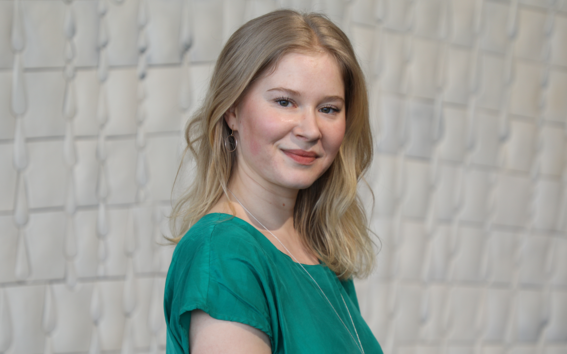The challenge of knowing what you can: 7 tips for improving students' self-knowledge

The magic of words
Work-life is not famous for giving constructive feedback. During internships, a student hopefully receives feedback on her work, what might be the most rewarding part of the internship. At least from my experience, I can tell that a feedback-oriented instructor is worth gold to an intern!
Without such experiences from work-life, the university plays the role of a mirror of work-life competences. The importance of a few words from the lecturer, instructor, or a fellow student should not be underrated since those phrases sink in deep. Or don’t you recall the times someone gave you kudos on your performance, or a well put comment of an area that could be developed further? Maybe you remember the small note someone mentioned without further thought?
Feedback supports learning
Lifelong learning and adopting new information involves a presumption that you know what you don’t know. First, it's essential to identify the areas of own expertise. Yet, to expand and develop one’s knowledge, it’s important to point out the blind spots. And here, nothing is more valuable than another pair of eyes. Don’t skimp your words when you see a possibility for the feedback! Studies show that the most effective feedback at university is both well-timed and clearly linked to the learning outcomes. Constructive feedback should encourage and motivate students, as well as provide directions about their future learning.
Classroom-level guidance
Studying is an excellent way to improve knowledge and to practice work-life skills. However, a grade on WebOodi hardly covers all aspects of learned content and capacities. Therefore, the newly graduated student relies mostly on their self-knowledge. After completing a master’s degree, a student might feel overwhelmed – what did I actually learn? What should I write on job applications, especially besides substance knowledge? The future work-life is highlighting generic skills, but how do we teach them, and more specifically – how do we help a student recognize them?
Unveiling the capacities with 7 steps
Here, I present 7 practical tips for improving students’ knowledge of their work-life competences at each course:
- Speak out. Let the students know, which competences are taught on your course by telling them out loud – even the most self-evident ones.
- Integrate. Include negotiation skills, creative thinking, or people management to your course content – just to name a few competences of our future experts.
- Evaluate. Assess work-life competences as part of your course learning objectives and make sure the students are aware of this!
- Self-reflection. How about a self-evaluation form in the beginning and the end of the course focusing on the level of student’s knowledge and skills?
- Peer feedback. Encourage and teach the students to give constructive feedback to each other on a guided session – perfect after group works!
- Give examples. Share your knowledge and be descriptive of the reality and requirements at work to bring studies alive! Nothing motivates like work-life relevance.
- Practice. It takes time and effort for all of us to put in words what we know, what we’re good at, and what we could still work on. Let’s make this practice a habit!
Don’t hesitate to ask Teaching Lab for help in designing your course with a work-life mindset!
Author:
The author is an expert of experience, a newly graduated Master of Social Sciences, who did her internship at Teaching Lab in spring 2019, and is now working as Aalto Thesis Coordinator.
Read more news

Join the Unite! Virtual Education Summit- Registration now open
Join us in shaping international collaboration! This online event takes place 12 March, 2026.
Apply Now: Unite! Visiting Professorships at TU Graz
TU Graz, Austria, invites experienced postdoctoral researchers to apply for two fully funded visiting professorships. The deadline for expressions of interest is 20 February 2026, and the positions will begin on 1 October 2026.
Elina Pyylampi wants to combine renewable energy solutions and commerciality
The first-year student in Electrical Power and Energy Engineering wants to work with renewable energy and electrical systems.






